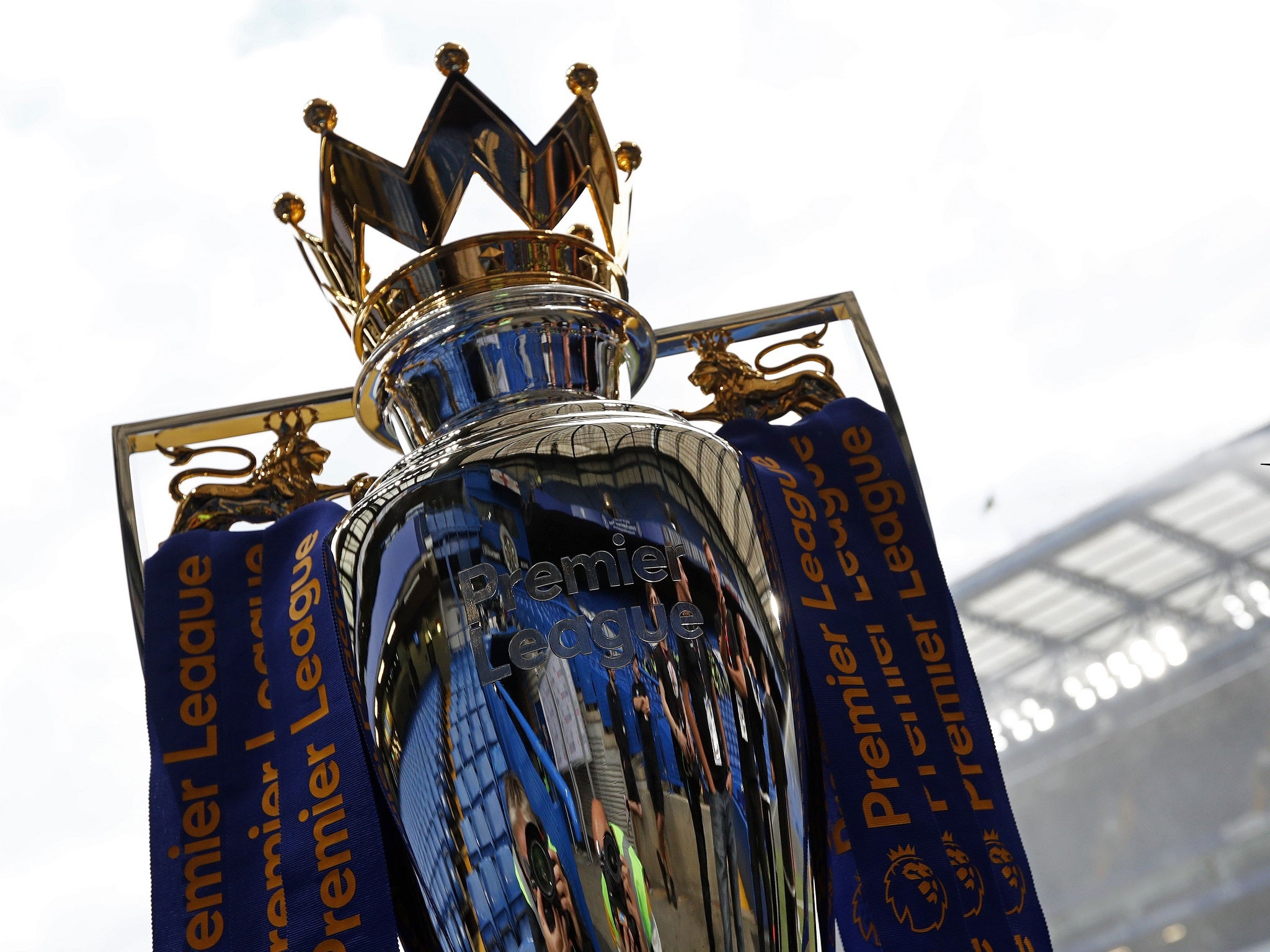Football League rules out Premier League clubs and clubs outside system in revamp
Plans for a revamp of the game below the top flight, which would see the EFL change from its present three-division format to one of four leagues of 20 were announced

Your support helps us to tell the story
From reproductive rights to climate change to Big Tech, The Independent is on the ground when the story is developing. Whether it's investigating the financials of Elon Musk's pro-Trump PAC or producing our latest documentary, 'The A Word', which shines a light on the American women fighting for reproductive rights, we know how important it is to parse out the facts from the messaging.
At such a critical moment in US history, we need reporters on the ground. Your donation allows us to keep sending journalists to speak to both sides of the story.
The Independent is trusted by Americans across the entire political spectrum. And unlike many other quality news outlets, we choose not to lock Americans out of our reporting and analysis with paywalls. We believe quality journalism should be available to everyone, paid for by those who can afford it.
Your support makes all the difference.The English Football League has ruled out the possibility of including Premier League B teams or clubs currently outside the English system in its proposed restructure.
Plans for a revamp of the game below the top flight, which would primarily see the EFL change from its present three-division format to one of four leagues of 20, were announced earlier this year.
One of the key questions to be determined was where the additional eight clubs to bring EFL membership up to the required 80 would come from.
There were suggestions some Premier League B teams or Scottish giants Celtic and Rangers could be invited to join a new National League Three, but this has been dismissed following a meeting of the existing 72 clubs.
Clubs also expressed a preference to play through a winter break should one be introduced in the English game.
If introduced, the new structure - contained in a document entitled 'Whole Game Solution' - would mean five professional divisions at the top of the English football pyramid, all of 20 teams, headed by the Premier League.
The meeting made clear that, if the numbers are realigned, the preference would be for the additional eight clubs required to make up League Three to come from the National League.
However, the whole proposal will require further discussion ahead of a potential vote next summer. Another issue still be addressed is a proposition for the bottom two divisions to be regionalised.
A statement read: "EFL clubs have been collectively discussing the fundamental issue of reforming the structure of English league football for the first time since agreeing to assess ideas put forward by the EFL board at last summer's annual general meeting.
"Those suggestions, which aim to improve the format of EFL competitions and the revenues received by clubs, posed a number of critical questions and these have been the subject of a consultation process with clubs during this past six weeks.
"All clubs, who will potentially vote on a final proposal in June 2017, have been considering the specific issues of regionalisation, the number of teams per division, divisional restructure, winter break and from where in the game the additional teams will come from.
"The majority of these issues, including how the funding redistribution model will work in the future, will continue to be assessed as the discussions are shaped over the next two months, but the option of sourcing additional clubs from anywhere but the National League has been withdrawn.
"In addition, the feedback has confirmed that clubs in League One, Two and the proposed League Three would want to play through a winter break if introduced."
EFL chief executive Shaun Harvey believes the decisions already made will give greater clarity as consultation continues with all interested parties.
Harvey said: "The logical place for many was to source the additional teams for League Three from the National League but we felt it important that the debate was introduced at an early stage and an opportunity was provided for all club owners' and executives' to voice any opinions and, where applicable, table concerns.
"We will now continue our consultation with the National League with a little more certainty as to what any change could mean for them. These conversations will include the FA in their capacity as the governing body not a competition organiser."
Harvey added "dialogue will continue with the Premier League" while fans' groups and other stakeholders would be given "opportunity to register their views".
PA.
Join our commenting forum
Join thought-provoking conversations, follow other Independent readers and see their replies
Comments